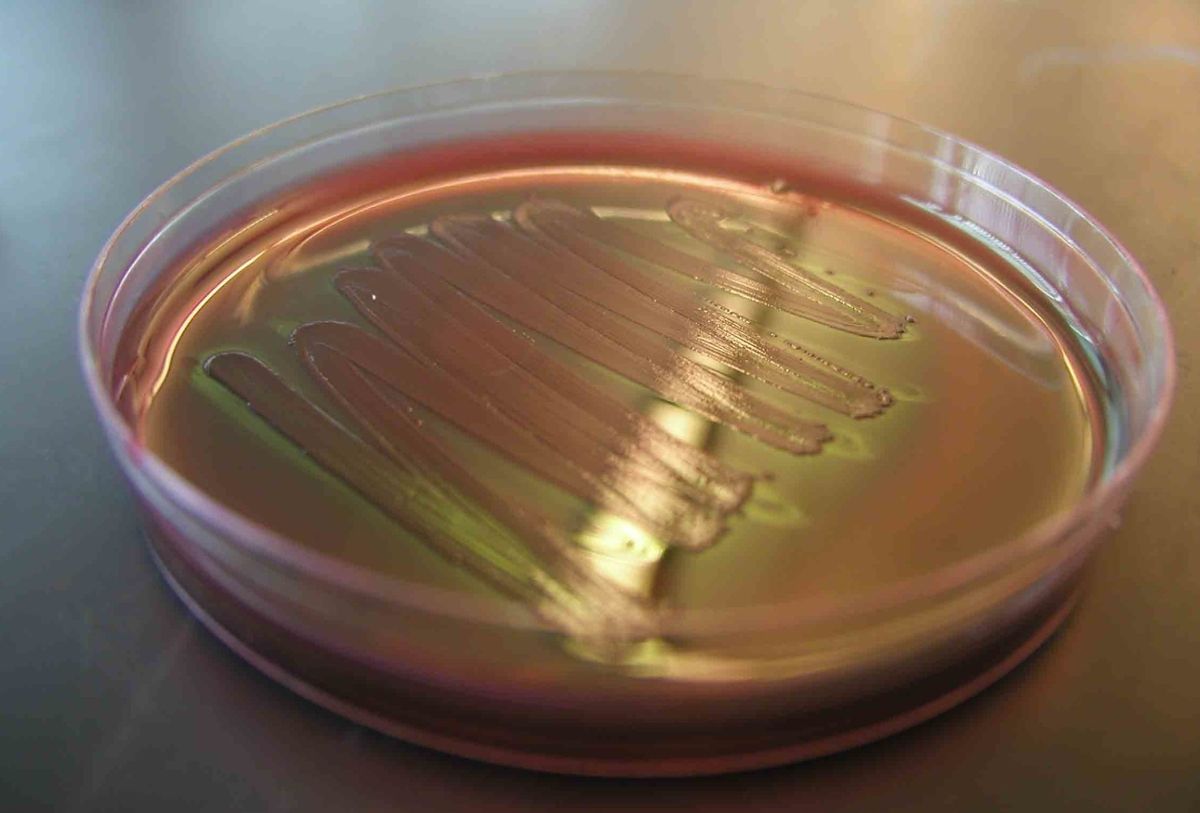Y: Don, isn't that your second piece of cake?
D: I'm afraid it is, Yaël. I guess my bacteria haven't had enough to eat yet.
Y: What are you talking about?
D: We've been hearing a lot about the importance of gut bacteria. Now it seems that bacteria also have a say in how and when we eat.
Y: Don't human hormones help control that?
D: Yes, they do. But think about it. Our gut microbes depend on us for a place to live and nutrition to survive. They have a stake in how often and how much we eat. So it makes sense that they should be able to communicate to us when they need a snack.
Y: I never thought of it that way.
D: Researchers found that twenty minutes after a meal, E. coli bacteria in the gut produced different kinds of proteins than they did before the meal. That happens to be the same amount of time it takes for a person to begin feeling full after a meal. Excited that there might be a link there, they did further testing.
Y: On rats I assume.
D: Yes. They injected doses of the bacterial proteins into both hungry and well-fed rats and mice. Analysis showed that the protein produced by the full bacteria stimulated the release of peptide YY. That peptide is a hormone associated with feeling full. They also found that hungry bacteria did not release the protein.
Y: So, the bacteria are using the body's chemical signaling system to tell a person they are full.
D: The researchers believe that is what's happening. Now, if they would only help me say no to that second piece of cake.










